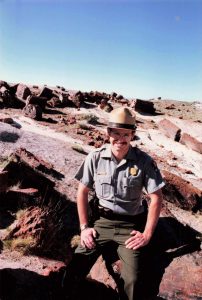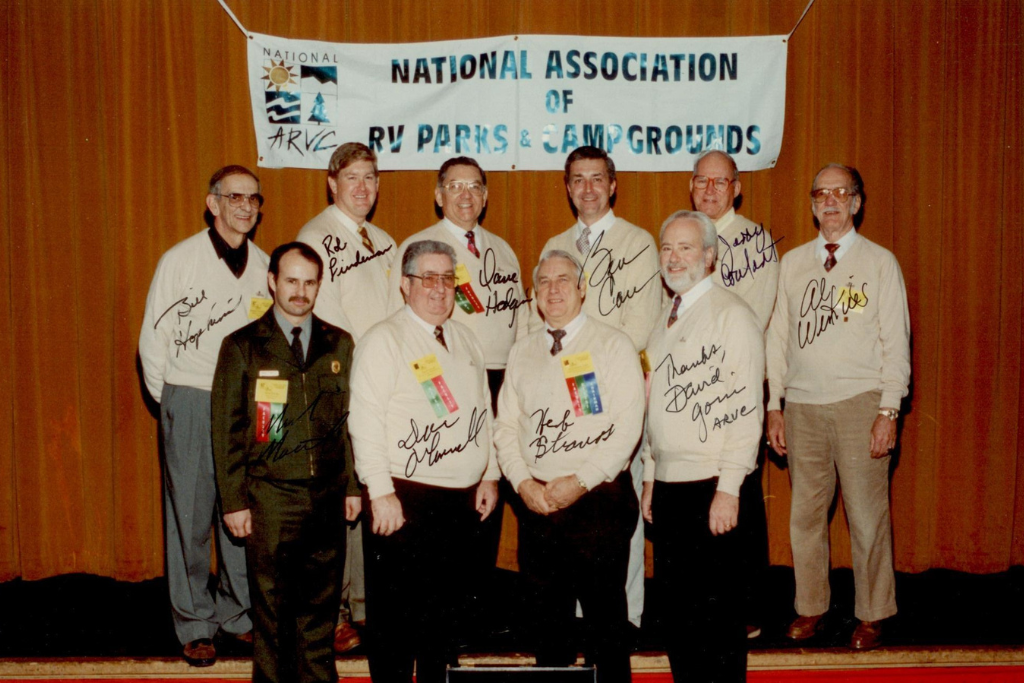Mark Maciha has been involved with the George O’Leary National School of Outdoor Hospitality since the beginning.
31 years later, with four degrees, countless honors and certificates, and a lifetime of experience in parks both public and private in hand, the former Park Ranger and longtime educator continues to play an integral role with the National School.
Before the 31st National School begins this February (BTW, there’s still time to register), Maciha spoke with us about his history with National School, his background in education, his time serving in National Parks like the Grand Canyon and the Petrified Forest, what his plans are for National School, and more.
This interview has been edited for length and clarity.
How did you first get involved with National School?
Back in 1992, I was managing the largest campground operation for the National Park Service. I was actually in Death Valley and our national office in Washington D.C. got a phone call from David Gorin and the folks at OHI (formerly National ARVC) seeking some National Park Service representation in the development of the school. So that’s how I first got involved with it.
You’ve been involved with National School since the beginning. How does it feel to still be part of the leadership?
Surprising [laughs]. I’ve been with the school for all but the years that were at Myrtle Beach, and it’s actually surprising that I’m one of the last ones still left. I think it speaks positively to the profession. In those days there was much more division. The school started with representation or participation by various sectors, membership parks, franchise operators, federal agencies, the National Park Service, BLM (Bureau of Land Management), and Forest Service. At that time there was much more division and delineation of those different sectors, and I see much more unity now. I’m very happy about that, and I believe the school had a lot to do with dissolving some of those boundaries and creating a more unified industry.
What does your role with the National School entail?
Initially, OHI partnered with Oglebay and they had a long history of running schools for different professions. At that time there was, and still is, a full-time staff dedicated to running these schools…I guess I’m the last guy standing [laughs]. I’m currently the Dean of Career and Technical Education at Coconino Community College, so I guess, informally, they refer me as the dean. But I’ve got the institutional knowledge, and I’m pleased to continue in that role. It’s rewarding to see how the school has progressed over the last 31 years and that someone that came out of the public sector could be placed in that kind of position. I’m actually humbled by that.
What do you want to accomplish going forward within your role with the National School?
I know we’ve made great progress in the last couple of years in restoring the original intent of the school and the rigor of the program and distinction between the school being a more formal educational experience. We’re delivering a product that campground owners and managers can actually take and put into practice tomorrow when they get home.We’ve developed a curriculum and set of learning objectives that reflect the standards and best practices of the industry with a practical way of – learn it, talk about it, network with your friends at Oglebay, and then put it into practice in your parks.
How do you think your background helps you in your role with the National School?
When we first started out with the well-known and well-established operators that I mentioned – parks and private owners and concessioners, franchise membership – none of us at the time really had any solid educational background, so we did the best we could in conveying our knowledge to those that were attending the school. I’d like to think that my experience now formally in the education world will help to sustain a more informed approach to what we’re doing. We just went through a process to refine the course objectives and really deliver a solid product. I’d like to think that my background will assist us in moving that forward. We started out with overhead projectors and doing the best we could. And I think we’ve been able to really add a lot of quality to the program over time. My background, I believe, helped that along.
As you alluded to, educational background doesn’t necessarily just mean academic. It can also mean practical experience. How do you balance those two things, and what do you think each brings to the table?
Certainly the depths that we have in the instructors is absolutely critical to what we’re doing. We’re assisting people in being more effective in communicating their knowledge to students. We take it up a step above an infomercial or the breakout session approach to be more hands on. All that stuff is valuable in its own right, but the school brings, I think, a higher and different level of quality for the folks that attend.
Were there any instructors or educators who influenced you?
As a part of the original group, we had a guy named Al Werking. He was the director of employee development for the National Park Service at the Washington level. And I remember him coming in, and he gave us a trainer type of program early on to help us bridge that gap through teaching. We had a couple of other folks over the years that have had some teaching experience that have conveyed that to the instructors, to help us improve our presentations. But Al was with us from the start. Unfortunately, he was only able to work with us for the first couple of years of the school, but that got us jumpstarted in that process.
Do you remember when you first became interested in this profession?

I started with the National Park Service at age 18, and our family had camped primarily in private campgrounds growing up. That and my Boy Scout experience led me to working for the National Park Service as a career. The education side just grew out of the thinking of “what else is there? I want to be able to share my knowledge.”And that took me down the path of all the degrees and then, eventually, a focus on educational leadership.
Specific to the school though, I have a lot of empathy for the private operators that are trying to do the best they can with what they’ve got. Growing up, we spent more time in private campgrounds with a pickup truck and a camper than we did even in national parks, in state parks. So, way early on I had that connection with the private campground industry or profession.
You have worked in some really incredible locations. What was that like?
I dearly loved it, and every place that I worked was special. There’s no stronger mission, I think, in this country than to protect the National Parks. That’s our heritage, and that’s why we have a military. It’s protecting that heritage and that identity of what this country is. And every day was different. I absolutely loved it. I’ll quote a former superintendent of mine, John Benjamin, and he said without the parks and without our heritage, what do we have that is our identity? When someone thinks of the United States, the National Park System comes to mind. That is our collective identity, and that’s what I got to protect on the front lines every day.
What would your elevator pitch be to someone thinking of attending the National School?
It’s the experience and environment that we provide. Oglebay has been in this business for 60-plus years, and people ask why West Virginia in the middle of wintertime? It’s that self-contained experience that we can provide. We carefully orchestrate everything we do from the meals and the evening fireside chats or opportunities for folks to network, plus the classroom experience that you’re not going to find anyplace else. The folks that students will meet around the dinner table and at breakfast, it’s just all there. There’s no real distractions. I’m passionate about it, and that’s why I’m still here 31 years later. We make lifetime friends in that environment, in that situation. There are folks that I have been in contact with through the whole time. It really is a family, intimate experience.
Want to join Mark at the 31st George O’Leary National School of Outdoor Hospitality and learn from the best? Register here.


